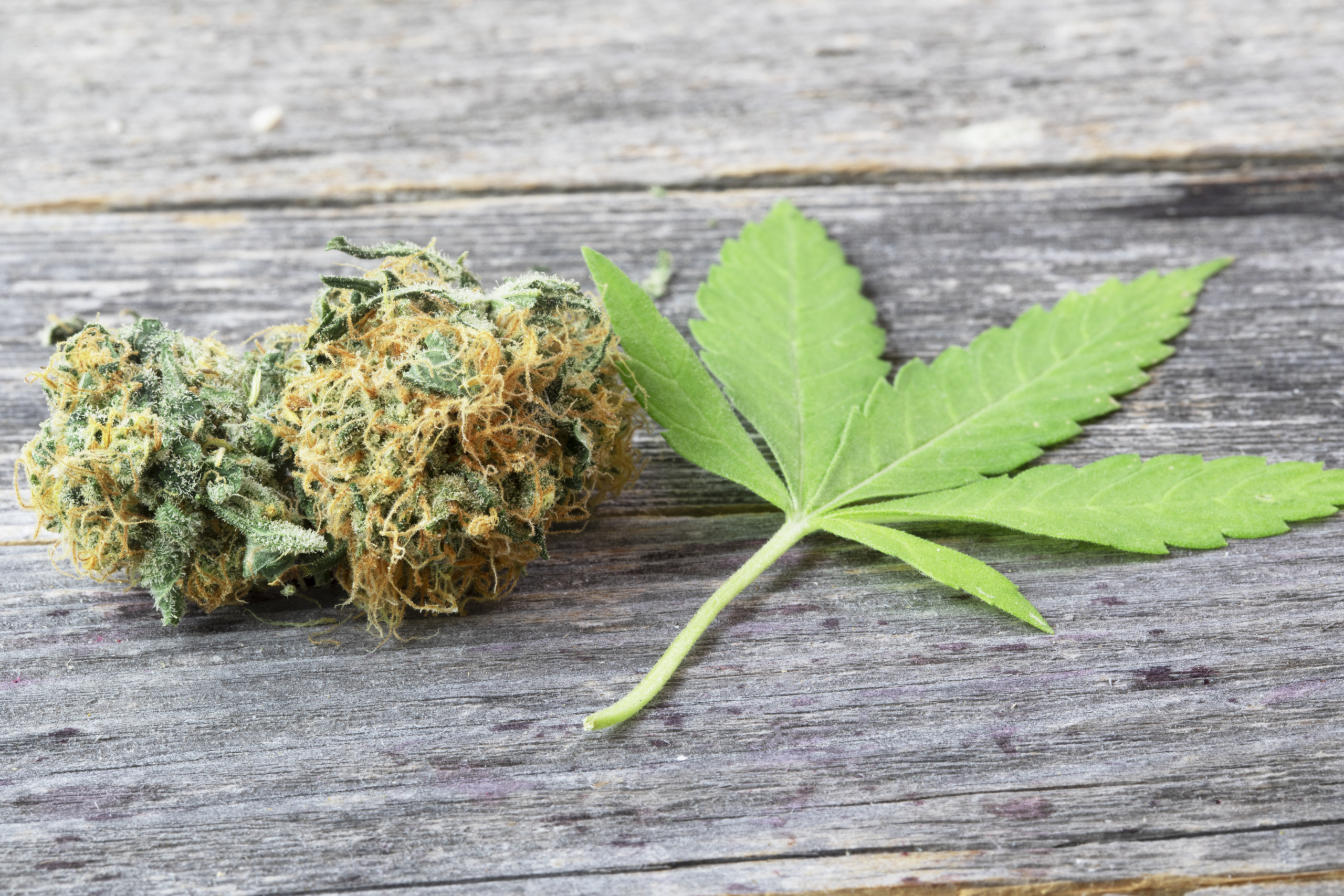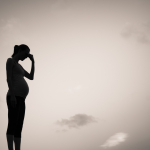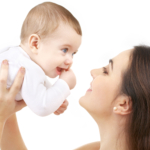Over the course of the last decade, the use of cannabis in women of reproductive age has increased significantly. Despite decreasing rates of alcohol and tobacco use during pregnancy, cannabis use during pregnancy is on the rise. According to data collected from the National Survey on Drug Use and Health, the use of cannabis in pregnant women aged 18 to 44 years rose from 3% in 2002 to 7% in 2017. More recent studies have indicated that during the COVID-19 pandemic, cannabis use during pregnancy increased by 25%.
Prenatal cannabis exposure has been associated with a number of adverse outcomes, including increased risk of fetal growth restriction, preterm birth, and stillbirth. However, it has been more difficult to systematically study the impact of cannabis use on pregnancy and child outcomes because its use is still illegal in most states. A new study analyzing data from the Adolescent Brain Cognitive Development (ABCD) study extends our understanding of the long term effects of prenatal cannabis exposure and examines the association between prenatal cannabis exposure and psychopathology in early adolescence.
The ABCD Study prospectively tracks nearly 12,000 youth enrolled between the ages of 9 and 10 years with the goal of following this cohort into adulthood. The Child Behavior Checklist and the Prodromal Questionnaire-Brief Child Version were used to access psychiatric symptoms in children at baseline and at one and two years of follow-up. Maternal use of cannabis was retrospectively self-reported. Cannabis exposures were categorized into three groups: cannabis exposure during pregnancy (only before maternal knowledge of pregnancy, n=391), cannabis exposure before and after maternal knowledge of pregnancy (n=208), and no exposure (n=10,?032). Associations between prenatal cannabis exposure and child psychopathology were estimated using mixed models.
Prenatal cannabis exposure was associated with persisting vulnerability to psychopathology throughout early adolescence. These associations did not change with increasing age. This association was primarily driven by exposure to cannabis throughout the course of pregnancy (after maternal knowledge of pregnancy). The behaviors most commonly associated with prenatal cannabis use were rule-breaking behaviors, aggressive behavior, social problems, thought problems, attention problems, and conduct problems.
There are several limitations to this study. The first is the small number of prenatal cannabis-exposed offspring; however, the sample size was large enough to identify statistically significant differences between the exposed and unexposed children. Other limitations include potential underreporting of cannabis use during pregnancy and inaccurate reporting of the timing and frequency of use.
This study observes that exposure to cannabis was associated with mental health problems in children in early adolescence; however, it is important to consider other exposures that may be associated with cannabis exposure and may also contribute to child outcomes. It is likely that there are substantive differences between women who decide to continue to use cannabis during pregnancy versus those who do not use cannabis and those who stop using cannabis.
For example, previous studies have indicated that women with depression are more likely to use cannabis during pregnancy. Could exposure to maternal stress and/or depression during pregnancy or early childhood place these children at greater risk of mental health problems? Other studies have indicated that women who use cannabis throughout pregnancy are more likely to suffer from cannabis use disorder. What is the impact on a substance use disorder on early parenting?
Although questions remain, there is enough evidence to indicate that cannabis use during pregnancy carries risk for the pregnancy and the child and thus should be avoided.
Ruta Nonacs, MD PhD
Paul SE, Hatoum AS, Fine JD, Johnson EC, Hansen I, Karcher NR, Moreau AL, Bondy E, Qu Y, Carter EB, Rogers CE, Agrawal A, Barch DM, Bogdan R. Associations Between Prenatal Cannabis Exposure and Childhood Outcomes: Results From the ABCD Study. JAMA Psychiatry. 2020 Sep 23.








Leave A Comment